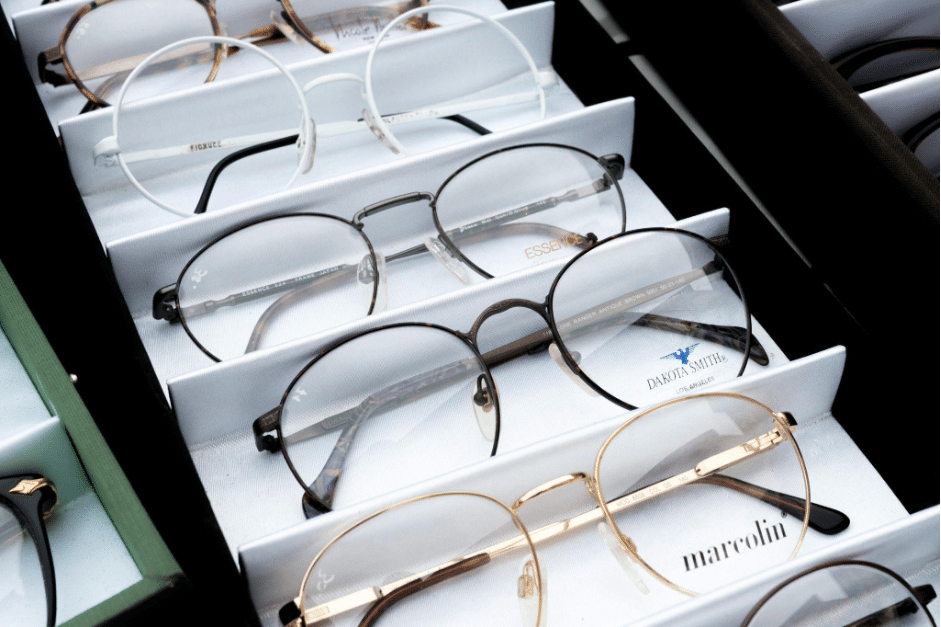The thought of vision correction often leaves people at a crossroads between glasses and contact lenses. The decision here should be strictly based on personal preference and lifestyle choices, but there are a few more factors to consider. Some people have an affinity for a kind of eyewear, while others may want to explore the benefits that glasses and contact lenses have to offer. So, whether you are a first-timer with a new eye prescription or someone willing to switch, here are the pros and cons of contact lenses and glasses to help you narrow down your choice.
Benefits of wearing contact lens
Contact lenses are known to offer a more “natural” field of vision. The lenses move with your eyes and cover your entire peripheral vision. They eliminate visual disruptions, such as reflections or fogginess, that glasses might cause. Contact lenses could be a wise choice for those with an active lifestyle, such as adventure seekers or athletes. They offer the freedom to move without the fear of your glasses dropping off. Contact lenses also don’t ruin the look of any outfit or makeup.
The bonus is that some contact lenses can change your eye color. With contact lenses, you can wear a variety of non-prescription sunglasses without needing to invest in prescription shades. Lastly, replacing contact lenses is relatively inexpensive if you wear disposable ones.
Drawbacks of wearing Contact Lens
Regardless of the freedom that comes with contact lenses, they require diligent care, cleaning, and storage. These lenses must be stored in solution at night and cleaned before each use. Disposable lenses are a convenient exception, but they need to be replaced every day or after a certain period as instructed. The process of wearing and removing contact lenses can be daunting for first-time wearers, as it involves touching your eyeball, but it becomes easier with practice.
Improper use of contact lenses can lead to poor eye health, such as dryness or infections. Some contact lenses might worsen computer vision syndrome, though a few brands have developed lenses designed to mitigate this.
Benefits of wearing Glasses
Glasses are straightforward to wear as you just slide them on. They can be easily cleaned and stored and don’t require you to touch your eyes, which can be a significant advantage for those uncomfortable with contacts. With proper care, glasses can last for years, so they are even more cost-effective than disposable lenses. You will be spoiled with options when it comes to frames that serve as both functional accessories and fashion statements.
Glasses can be customized with options like progressives, readers, tinted lenses, and photochromic lenses that adjust to light. They are also known to provide some form of protection from environmental elements like dust and wind.
Drawbacks of Wearing Glasses
Glasses don’t cover your entire field of vision, resulting in loss of vision outside the frames. They can be more expensive to replace if damaged or lost. For some people, glasses are uncomfortable due to the pressure they create on the bridge of the nose and ears. Some people don’t like the way they look in glasses. Strong prescriptions can cause lenses to magnify or minimize the eyes. Glasses that are not scratch-resistant are prone to fogging, smudging, and scratching.
Choosing the right option
Alternating between glasses and contacts is a great way to get the best of both worlds. Each type compensates for the other’s drawbacks, offering flexibility and vision clarity. Many people find it practical to switch based on their lifestyle choices, such as contacts for sports and glasses for daily wear.
However, there’s no perfect choice between the two. The wise decision is to pick the one that suits your lifestyle and comfort to enjoy the benefits and maintain your eye health.
